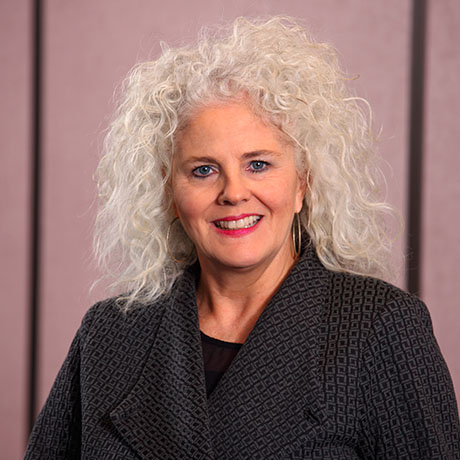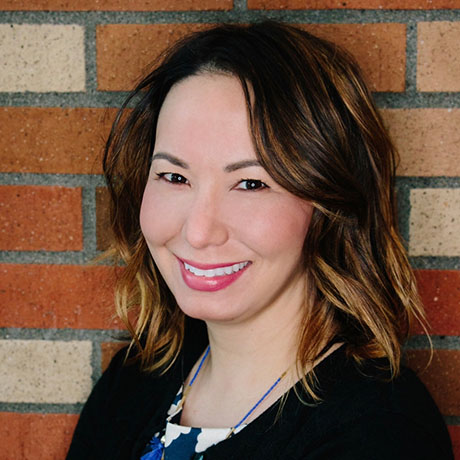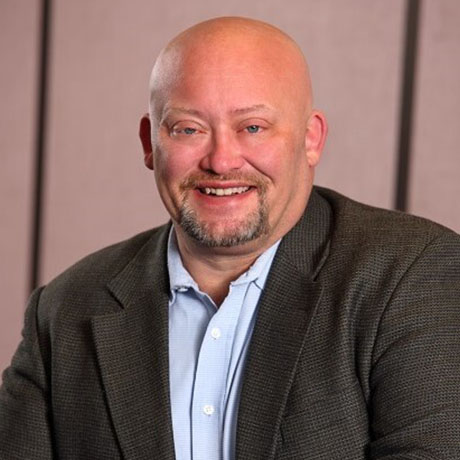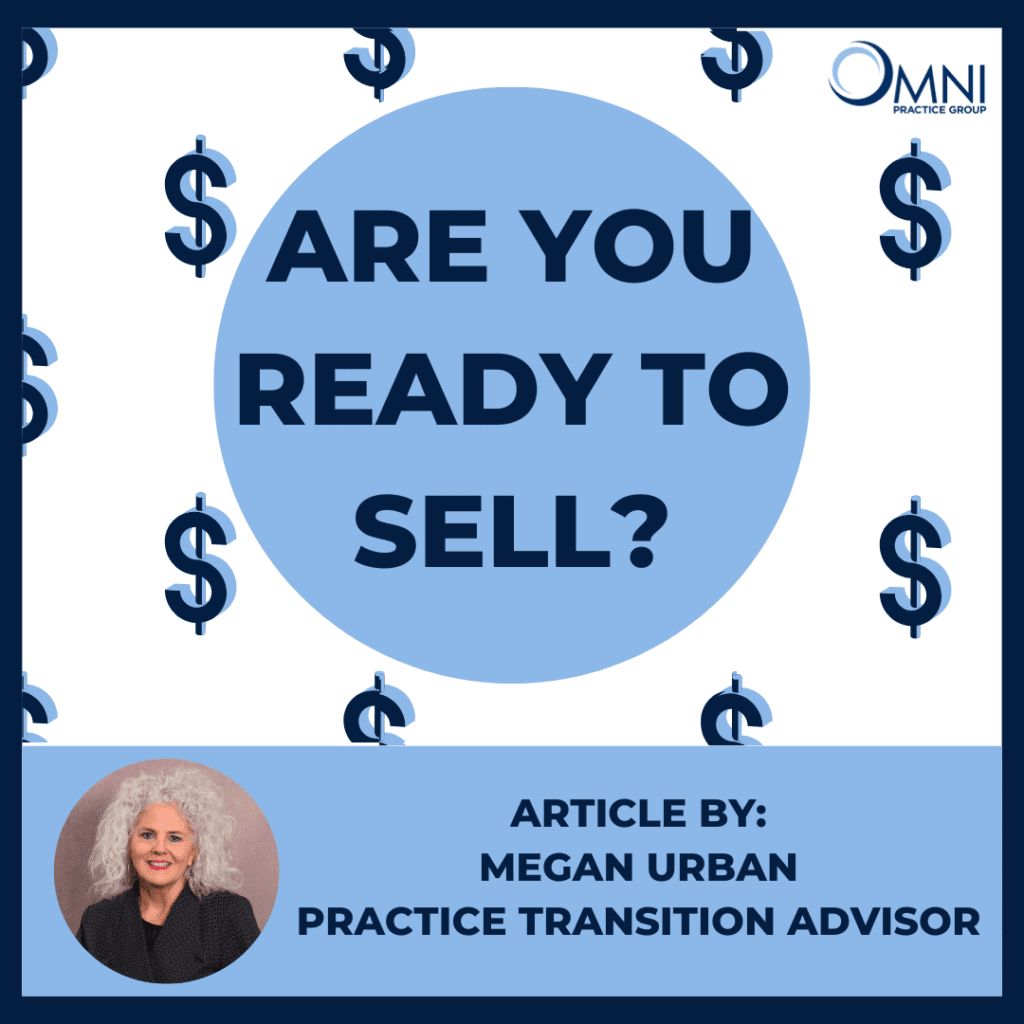Dental Partnerships


Dental partnerships can be great or not-so-great. They can include different scenarios: buying a partnership, adding a partner to your existing dental practice, or a start-up partnership. To ensure you have the best outcome, financially and emotionally, you’ll need to consider some important questions.
- Are you friends, relatives, or colleagues with the people whom you are considering entering into a partnership with? Are you convinced you can get along in a work environment?
- How will you resolve disagreements and make decisions regarding advertising, patient care, team management, and acquiring new equipment and technology?
- How will you divide up responsibilities within the practice?
- Is there enough physical space for more than one dentist? Are there enough patients?
- How will you divide up new patients and hygiene exams?
- How are you going to determine compensation, such as 30% of individual collections, then 50% split on all additional income and costs? If one of you performs procedures with much higher lab bills, you may need to consider a lab payment These items will need to be written up by your dental attorney as part of your partnership documents.
- Do your legal documents include specifics on terminating the partnership? You will need to address details regarding non-compete agreements, disability or death, and how to sell a practice when one or both partners are ready.
- Do you know a good dental CPA who can assist you with setting up the entity or entities that make the most sense?
There are many items to consider to ensure that you make the right decision, but we can help make the process go smoothly with the best outcome for all parties. We have guided many dentists through purchasing and selling practices, partnerships, multiple locations, and every size and type of practice. We have the experience and the expertise to help you achieve your goals.
Read MoreSettling Credits Before Listing Your Practice


You’ve made the decision to sell your practice, and with that comes the to-do list of tasks that can often feel daunting. One important task that is often overlooked is settling patient credit balances.
What are credit balances and where do they come from?
In many cases, a patient will have a credit on their account when their insurance pays more toward their treatment than anticipated or you estimated a patient portion to be higher than was necessary and collected accordingly. In these instances, patients paid more out of pocket than necessary; therefore, the difference will show as a credit on their account and on your accounts receivable report or unassigned credit report. Credit balances can also result from patients mailing in a payment or making an online payment on a balance that they have already paid. These are duplicate payments typically made in error. When this happens, we recommend contacting the patients and advising them of the duplicate payment before posting it to their accounts. Many patients will request that you return their duplicate payment to them and some will elect to leave the credit on their account if they have upcoming treatment planned. If they have upcoming treatment planned, this can be an effective way to get them on the schedule. It can be difficult to reverse an online payment and, in those instances, you may have to post it to the patient’s account. In other cases, patients may pay upfront for larger treatment plans and due to unanticipated circumstances, they were not able to complete their full treatment, or perhaps less treatment became necessary. If you have a practice where patients with insurance are required to pay their patient portion due at the time of scheduling their appointment for treatment, then credit balances will appear on the patient account until the procedures are posted and until insurance has paid their portion, this is just the normal course of collecting patient portions upfront. The same applies to patients without insurance if you collect the patient portion upfront.
How should I be handling credit balances?
To keep your credit balances at a minimum I would suggest you come up with an efficient protocol with whoever is in charge of your accounts receivable, whether it be your office manager, bookkeeper, or yourself. Credit balances are typically handled by an office manager. It is our recommendation that your accounts receivable report or unassigned credit report be reviewed monthly. If there are outstanding claims on an account, no refund is due yet. If there is a credit balance and there are no outstanding claims, we recommend contacting each patient and advising them of the credit balance. And again, if they have been treatment planned for procedures ask each patient if they would like to keep the credit balance on their account and get them on the schedule for treatment. If they have no upcoming treatment, it is typically best practice to refund the patient as soon as possible to keep your accounts clean. Make sure to document these conversations about credit balances in patient notes. This will serve you well in the long run when reviewing your reports each month for credit balances. Some practices choose to monitor patient credit balances quarterly; however, if you are preparing to sell your practice, we recommend that you do this monthly. You’d be surprised how quickly credit balances add up and how often they are overlooked.
One important note of caution! When reviewing the credit balances on patient accounts, do not assume that the refund always goes to the patient! You want to look back to the last zero balance on each account and look at patient payments made and insurance payments made. Insurance companies make mistakes and sometimes they overpay and sometimes they make a duplicate payment on a claim. In these instances, the refund is due to the insurance company and not to the patient. Some insurance companies catch these errors quickly and request a refund in writing. Others do not catch them so quickly and they have up to a year to claim their refund (this may vary from state to state). Pay attention to this detail when reviewing accounts. Remember to make notes in patient account notes so you don’t have to repeat your efforts every month.
I have not been settling patient credits on a regular basis, I have thousands of dollars in credits now what?
Follow the detailed recommendations above and get your accounts with credit balances cleaned up. It is essential to do this leg work prior to the sale of your practice. Make every effort to contact your patients to refund any monies due to them. If the refunds are due to insurance company overpayments, contact them and ask that they send a request for refund letter. If you are unable to reach patients with credit balances due to them, these credit balances in many states must be reported to the state in which your practice is located. For example, in the state of Washington, credit balances over a certain dollar amount must be documented on an “Unclaimed Property Report” and filed with the state before November 1st each year. Do some research and find out what your state’s unclaimed property reporting requirements are.
*Disclaimer: The information above is not legal advice. Each state has its own rules and regulations. Be sure to review all rules and regulations as circumstances may vary.
Read MoreEntrepreneurial Energy


What defines entrepreneurial energy? According to David Lyons, PhD:
“Entrepreneurial energy is the force that sustains the momentum and velocity of progression in the venture. Energy can rise through excitation/agitation and fall through decay of the energy as a result of predicaments or failures.
Entrepreneurial energy is an endogenous force that fuels motivation and sustains entrepreneurial action and momentum. Encapsulating hope, optimism and obsessiveness, the nature and experience of the entrepreneurial energy provides meaning to the entrepreneurial pursuit and venture. Entrepreneurial energy is a motivational construct characterized by positive intense feeling, emotional arousal and internal drive and engagement in the pursuit that is salient to the self-identify of the entrepreneur. The positive affective state also generates positivity in the cognitive state fostering creativity and recognition of new patterns of information critical to opportunity recognition and exploitation in the external environment.
Entrepreneurship, after all, is a science of turbulence and change, not continuity. Turbulence is caused by certain force. Such is the force in entrepreneurship, like the wind is felt but not seen; or seen through the ruffle of the leaves but not the wind itself.”
Most of you reading this article can relate to those attributes, especially early in your career. Remember talking to your friends in dental school and making plans for your practice? Remember the excitement of updating your new practice? Remember the hours put in behind the scenes to get the practice where you wanted it?
Do you still have that energy in you? If you do, this is a great time to be a dentist entrepreneur. Consolidation is happening and it will favor the big and the bold.
What if you don’t? That is okay also, but the time to consider harvesting your practice asset is now.
In my exit-planning training, coaching our clients to either grow or sell their businesses was absolutely paramount. Stasis really is an illusion. Equipment gets older. Technology becomes dated. Marketing plans become obsolete. Business values decline.
So ask yourself, grow or sell?
Read MorePitfalls to Avoid in Buying a Building


Money Pit or Cash Cow?
On occasion when a doctor purchases a practice there is also an option to purchase the real estate. Historically, real estate has been a good investment over time, but owning a commercial building has its own nuances.
There are a lot of similarities between owning a commercial building and a residential house. As the building owner or homeowner, you are responsible for paying the insurance, maintenance, and property taxes. Be sure to understand what your out-of-pocket costs are before you take on the responsibility of purchasing a property. Investing in a building or home inspection conducted by a reputable building inspector is always worth it.
Before you purchase a commercial building, know your demographics, and do your research. If a building is a steal, make sure you do some research to find out why. A commercial real estate broker that specializes in your industry can assist you in looking at the demographic information to fully understand the value of the real estate.
After you’ve purchased the practice, you are now the king of your castle and if you are business savvy, you can make a profit from owning your building. Having some knowledge of what to expect and what the pitfalls are of owning a building can save a lot of headaches down the road. For this article, we will consider that you are the owner and sole tenant of your building.
Maintenance – You’re now responsible for everything from the leaky roof, sweeping the parking lot, HVAC systems, lighting, ADA compliance, security systems, plumbing, and possibly the water and sewer mains underneath the property. The best advice is to adhere to a schedule with regular and preventive maintenance. Don’t skimp on issues that may seem small but that can turn into a bigger safety issue (both expensive and potential lawsuit if hazardous) in the long run.
A lot of potential challenges are dependent on the age of the building and how the previous owner took care of the property. You can hire a property manager to be the point of contact so you’re not distracted and can concentrate on your work. Some owners like to be involved in every decision, while others don’t want the hassle of being contacted for leaky pipes, clogged toilets, etc.
Insurance – a commercial building policy will differ from a residential homeowner’s policy on your home. A commercial policy will also have coverage for the business operations, its products, and operations liability. Much like homeowner’s insurance, the age and construction type of the commercial property will determine the premiums. Commercial insurance is also based on the neighborhood where the building is located.
Although chances are slim, some policies cover loss of income in the event of a fire or other loss of the building. These are usually additional policies that can provide peace of mind.
City ordinances – Although you may own the building, ownership doesn’t necessarily mean you can do anything you want. An example is a new building owner who wanted to utilize a specific size of a sign for his business, but the city ordinances stated a sign can be no bigger than 30 square feet. Be sure to reach out to the city before you decide to change or update the signage on your building and also verify if there are any restrictions for the exterior of your building such as signage, color, material, etc.
Taxes – There are two points on the taxes. First, for the building taxes, make sure your ownership is properly transferred to you during the purchase, and make sure that you keep up-to-date on your taxes. Set up an account directly within the municipality you are located or make sure your loan program is paying it directly. For your business taxes, owning your own commercial real estate has many tax advantages. Connect with your CPA, make sure you’re paying your real estate entity as a business expense, and more.
Money Pit or Cash Cow? There will be costs to owning your own commercial real estate, but taking the proper steps and working with an experienced commercial real estate broker that specializes in medical/dental purchases will save you time and a lot of money. Just think, if you are leasing a space, after 10 years you will be signing up for paying the landlord another 5 years of income. If you own, after 10 years, you will be working towards paying that building off and have the equity in the building.
Read MoreAre You Ready to Sell?


Are You Ready to Sell
By Megan Urban, Practice Transition Advisor
Are you ready to sell your dental practice? This is always a difficult question to answer for most dentists. You may still love doing dentistry but want less stress. How is your body holding up? Do you have enough money to retire? How much is your practice worth?
Contact your transition consultant/broker and have a heart-to-heart about your practice, goals, and options. We have lots of experience to share that may be beneficial to you. We can do a complimentary quick look to give you an idea of what your practice may be worth and of course a full valuation will need to be done to determine the final value.
Once you have an idea of what you may be paid for your practice and associated real estate, you can talk with your CPA and financial planner to know what retirement looks like for you, as well as plan what to do with your sales proceeds. You may have practice or real estate debt to pay off at closing, or you may have a retirement plan you can utilize to save on taxes.
Many dentists don’t know if they want to sell their real estate with the practice. In our experience, the best person to own the space is the dentist working in it. If you happen to have a lot of rentals and enjoy that, maybe this is an option for you, but if your buyer leaves, empty dental spaces can be difficult to sell.
Sometimes dentists believe their practice is worth more than our valuation and want to stay on to increase collections that may have waned a bit due to slowing down. You can certainly do that but know that banks look at the last three years of tax returns so if you want to increase collections to increase practice value, you will need to increase and work another three years.
If you still love doing dentistry and want to sell and stay on part-time, you need to start thinking about how much you want to work and how you will build a practice that can maintain a schedule for more than one dentist. This can be done, but you need to have a plan and your transition consultant can assist with this.
Are you ready to sell? Give it some serious thought after talking with your advisors and make the decision with confidence. Contact us today!
Read More